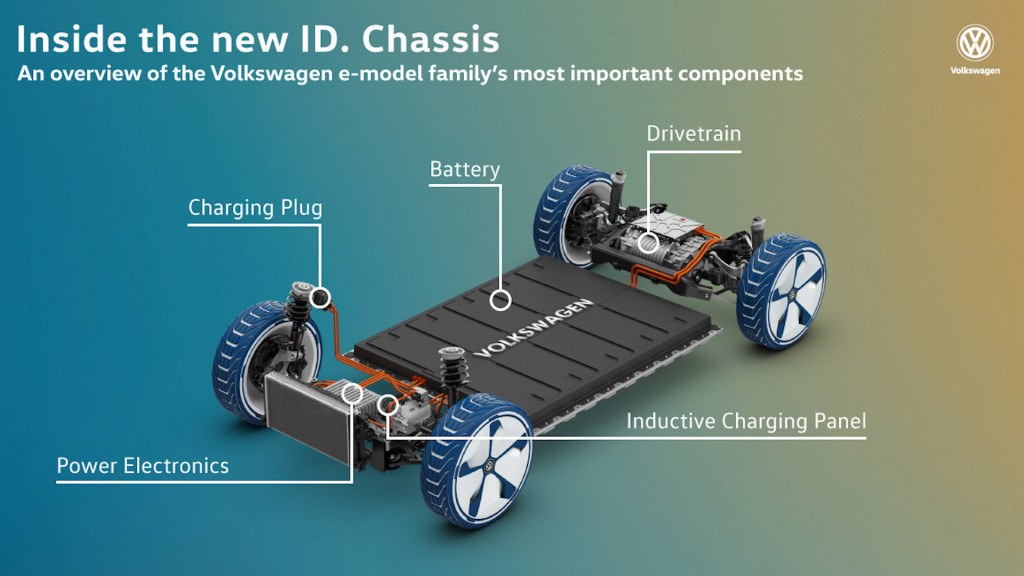Since even before the first market deliveries of its Leaf electric car in late 2010, Nissan has made frequent mention about the need to create second-use demand for the Leaf's battery packs.
It turns out, they may need to see many of those ideas put into place. According to comments made last month by a Nissan-Renault executive, citing charging and battery degradation data from Nissan on the 400,000+ Leafs sold globally, the battery packs are going to easily outlast the life of the vehicles—not just the ones that are in accidents.
“We are going to have to recover those batteries,” said Francisco Carranza, the managing director of Renault-Nissan Energy Services, at the Automotive News Europe Congress.

Nissan Energy Solar
In the UK, the company is currently offering Nissan Energy Solar solutions, combining solar panels with battery storage and an app-based control system. In some other places within Europe the Leaf is allowed to be grid-connected, and globally the 4R Energy Corporation, a company founded by Nissan and Sumitomo, is testing a scheme that would use second-use EV batteries to take street lights completely off the grid. And there have been some novel solutions along the way, such as using them for pop-up travel trailers.

Nissan x Opus camper with reused Leaf batteries in Britain with Nissan Qashqai
Other larger-scale uses include megawatt energy-storage systems good for smoothing peak demand at commercial venues, industrial plants, or smaller buffers used for electric-vehicle charging stations. But some big-picture fundamental questions remain: Like whether recycling existing less-efficient batteries for their raw materials might be better.
Some months ago Nissan in the U.S. said that it’s examining a wide range of uses but hasn’t committed to any on a larger scale. We’ve reached out to Nissan once again for comment to see if that remains a fair characterization—and to see if the company’s experience with degradation and projected life mirrors that in Europe.
Volkswagen last month said that it expects the battery packs in upcoming ID models, built on its mainstream modular electric platform (MEB) to last “the life of the cars.”

VW MEB platform
Specifically, VW says that its batteries will keep 70 percent of their original capacity for 8 years or 100,000 miles.
That’s close to Nissan’s goal at the original rollout of the Leaf—that they then expected its battery to keep 70 percent or more of its original capacity after 10 years—although its original warranty was also for 8 years or 100,000 miles.
But even when their capacity degrades far lower than that, they'll be fine for second uses. Nissan R&D staff, for example, projected that at 20 years the typical cells might store less than 40 percent of their original energy capacity. That would still make them a productive piece of larger-scale energy storage.
With VW planning 22 million electric vehicles in 10 years, all with active thermal conditioning that could give those battery packs an even longer life, let’s hope more companies get together on solutions that can truly scale up.













